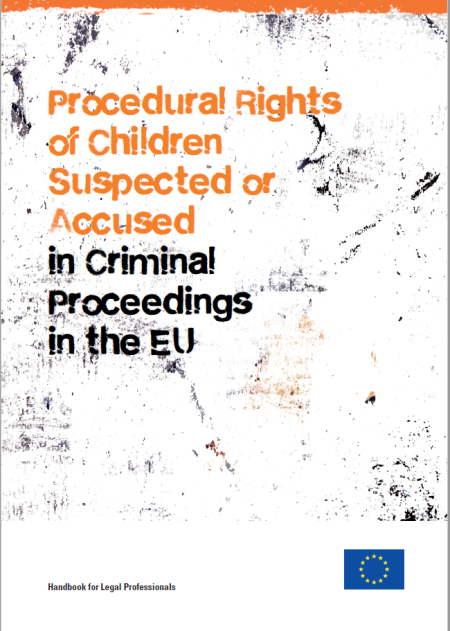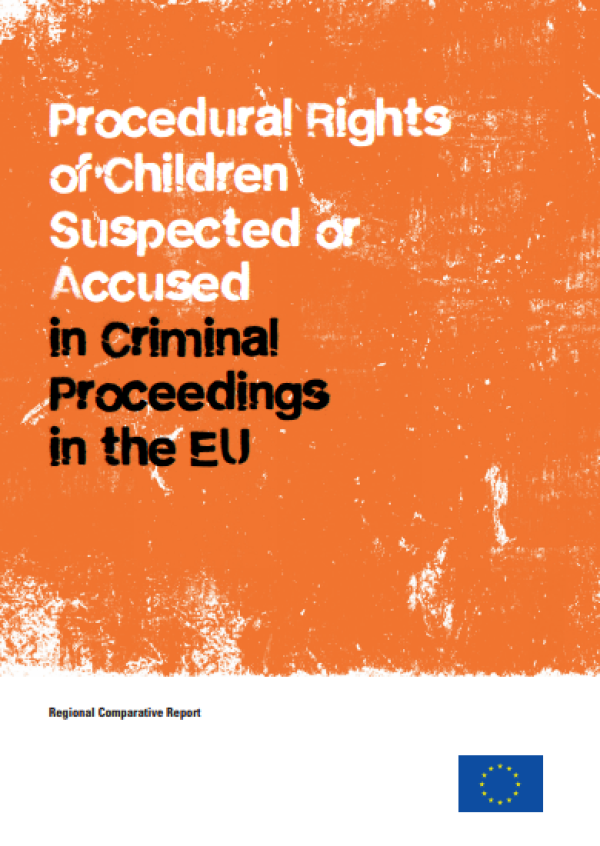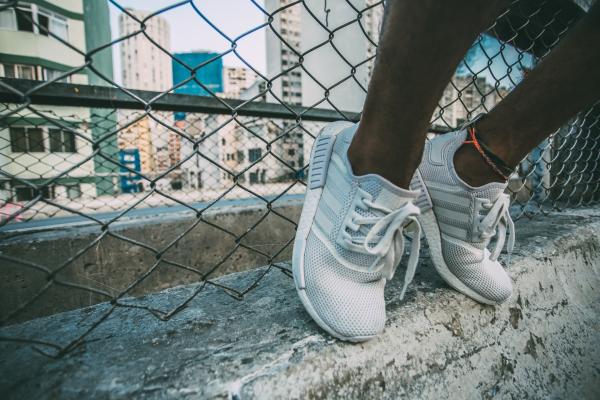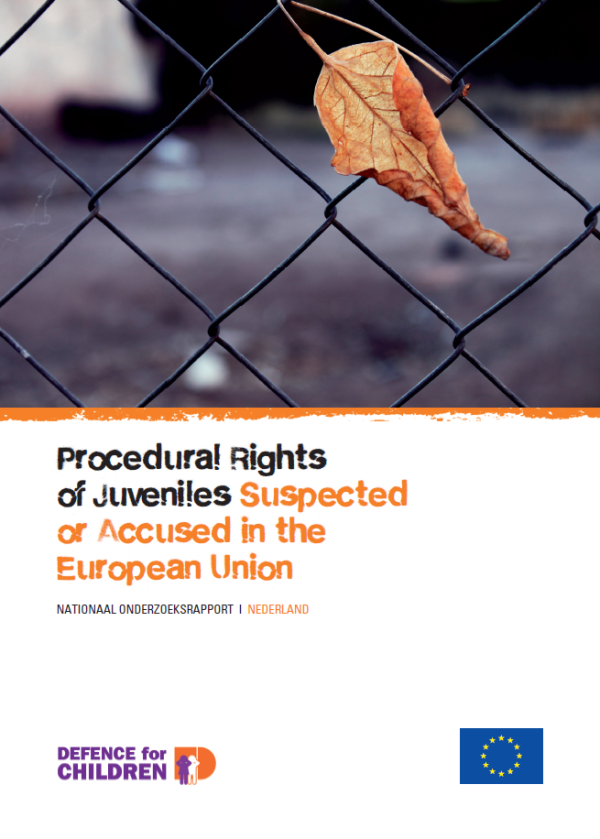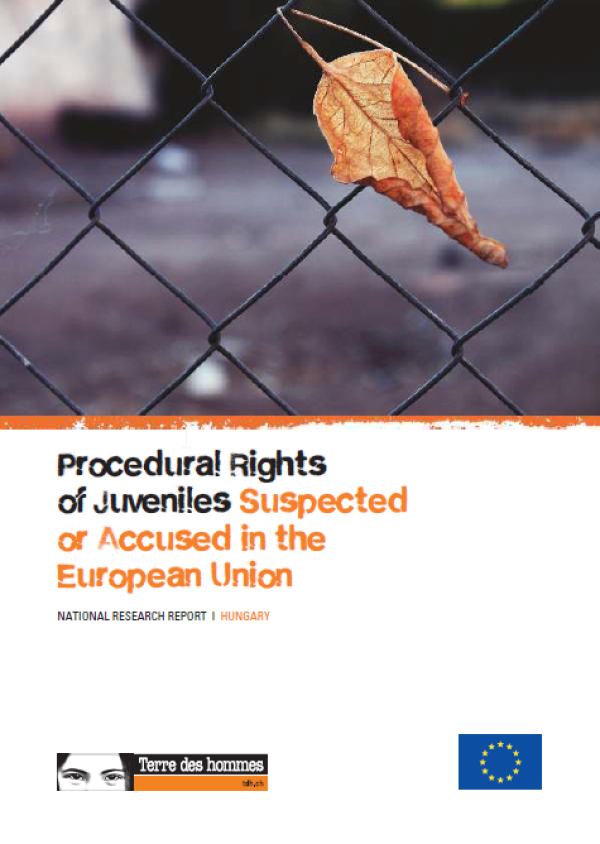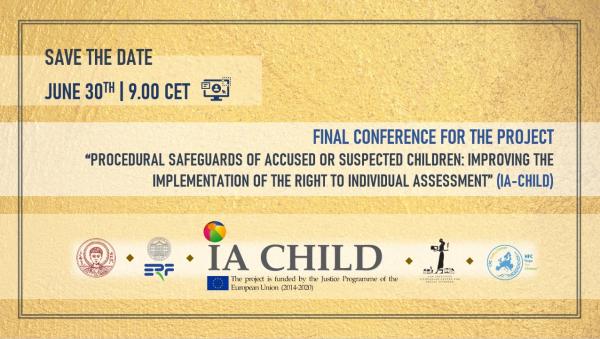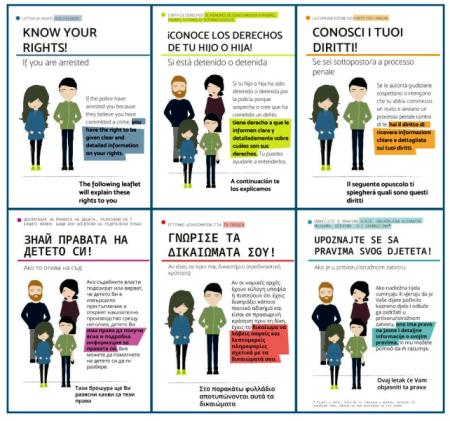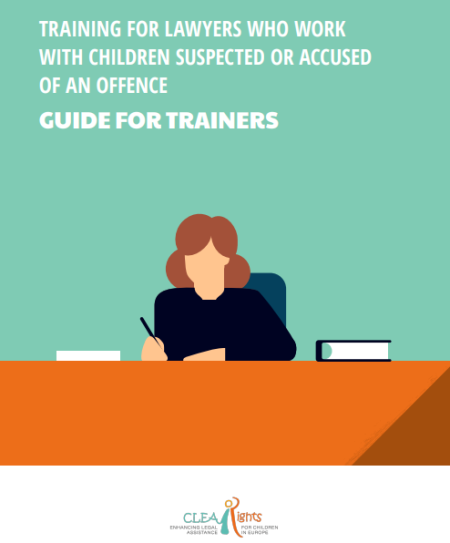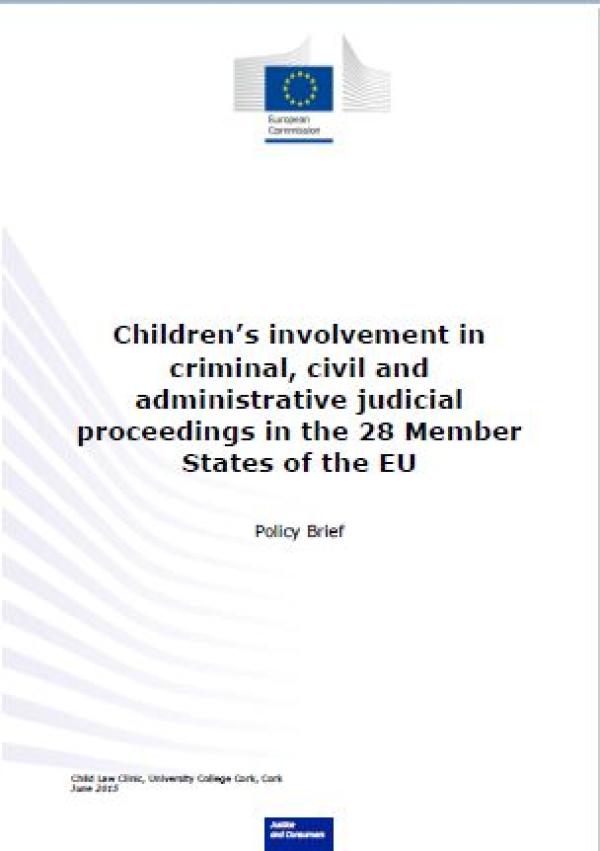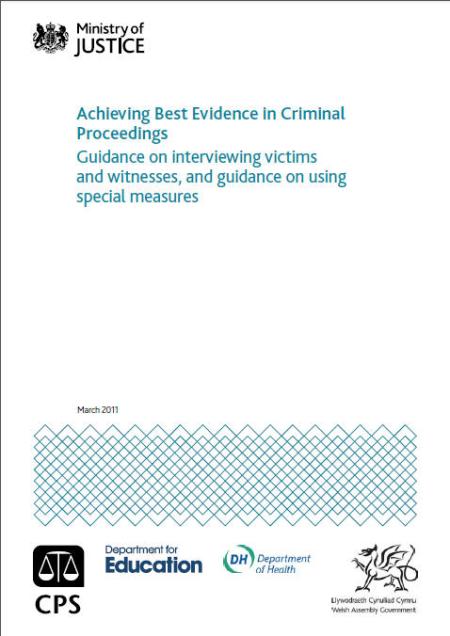
The Handbook for Legal Practitioners has been developed based on the findings of the Regional Comparative Report which had the aim to identify common issues, trends and examples of good practice and their transferability to other EU Member States. The purpose of this handbook is to help criminal justice practitioners ensure that cases involving foreign child suspects are dealt with in accordance with European legislation as enshrined in EU Directives and the Council of Europe Childfriendly Justice Guidelines. It is in essence aimed at applying the principles and tenets of
child-friendly justice to the situation of foreign child suspects.
The handbook is organized in four parts:
1 - Introduction – setting out the background and the reason for the handbook.
2 - Fundamental principles – underlying principles of child-friendly justice as they apply to all children involved in judicial or administrative proceedings of different types whether they are involved as accused persons, victims or witnesses.
3 - Child-friendly justice for foreign child suspects – this is the substantive part of the handbook that draws out and applies provisions of European legislation to the situation of foreign child suspects faced with criminal proceedings in a country with which they have few, if any, ties and in which they may not speak the language of the proceedings. The section is divided into 11 parts: interpretation; information; access to lawyer; contact with parents and third parties; contact with consular authorities; right to be heard; juvenile justice and detention; privacy; evidence from children; organisation of proceedings; aftermath. Each section comprises the following:
•Key statements in bold which summarise the main provisions;
•Each statement is supported by text and references to the aforementioned EU legislation (three EU directives, and COE Child-friendly Guidelines). This detail is provided to enable accurate application of these provisions and also to be clear as to their legal status: the three EU directives are ‘hard law’ and binding legal instruments; and the COE child-friendly Guidelines are classed as ‘soft law’ and non-binding.
•Each statement may also include additional observations or reference to practical experience, although as stated above, given the newness of this area, there is limited learning from implementation as yet.
4 - Conclusions – final concluding remarks.
It is envisaged that this handbook may be used for a variety of advocacy, awarenessraising and educational purposes and may be useful to the cross-section of professionals involved in criminal justice including lawyers, prosecutors, judges, police, interpreters and NGOs. It can be used for advocacy and the promotion and harmonisation of standards across EU countries, for example, by highlighting the key statements which summarise the main provisions. It can also be used to develop more in-depth training sessions when used in conjunction with the PRO-JUS Regional Comparative Report and National Reports which give more detailed country information on relevant national legislation and practice.


